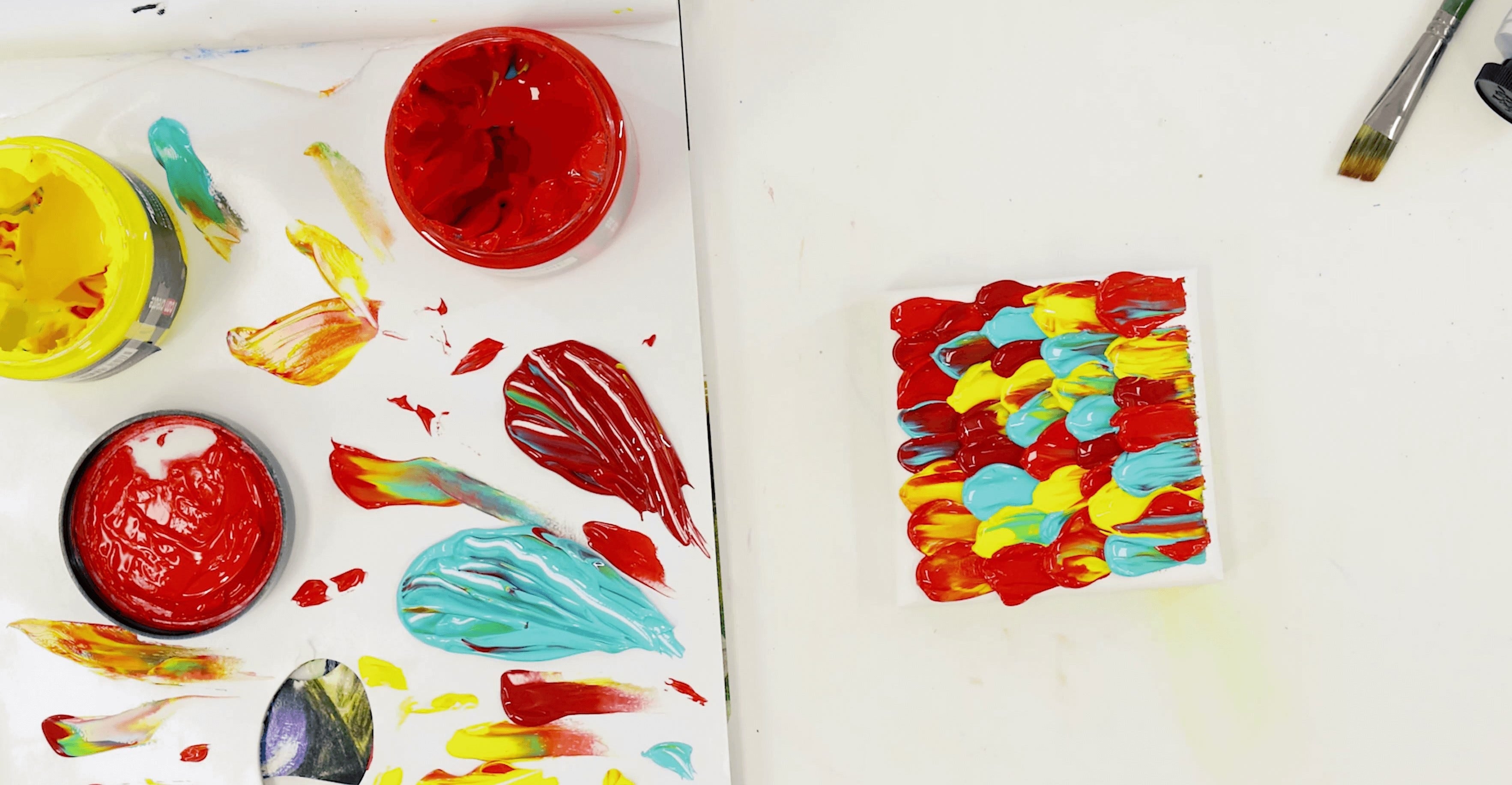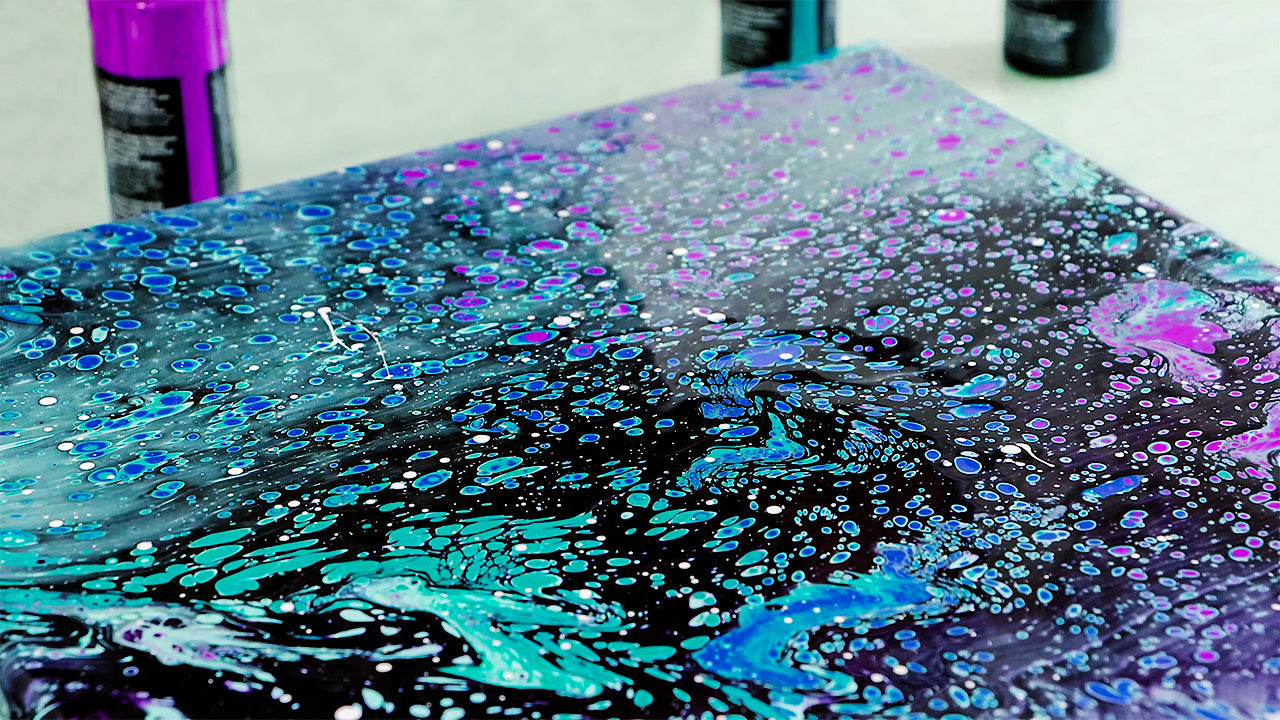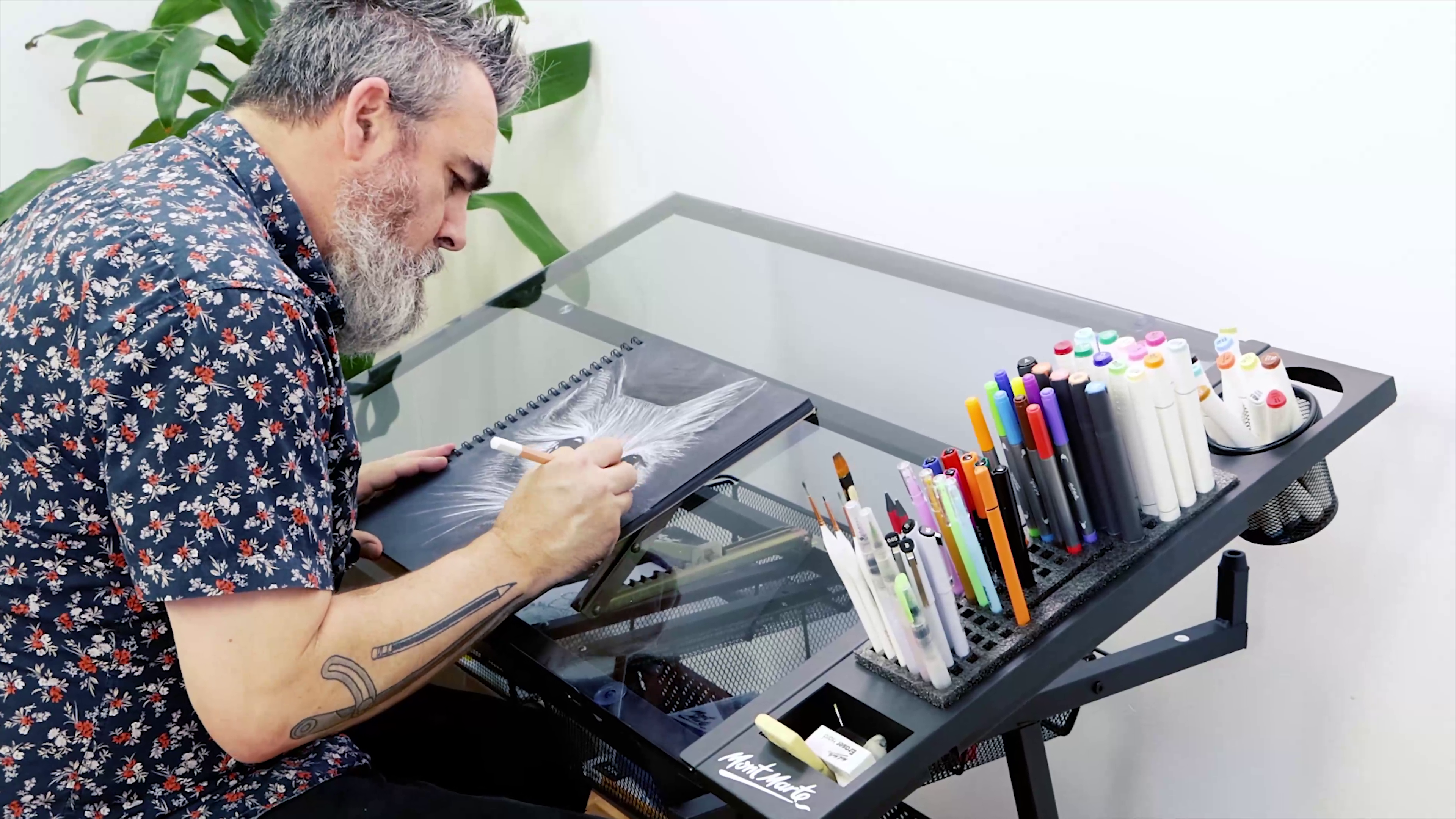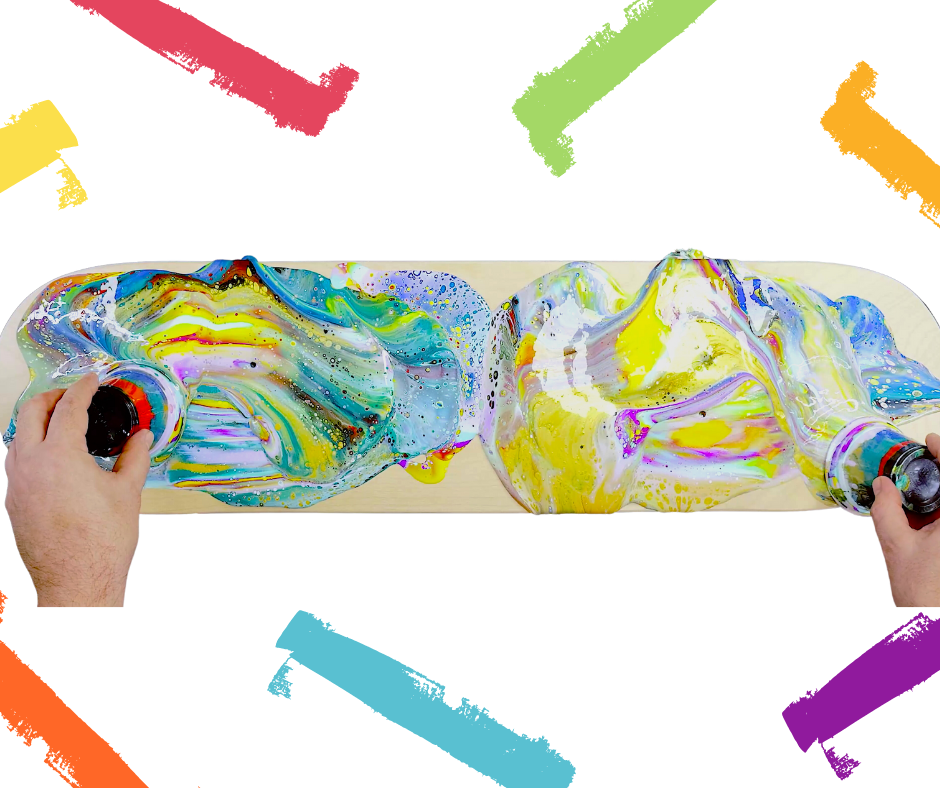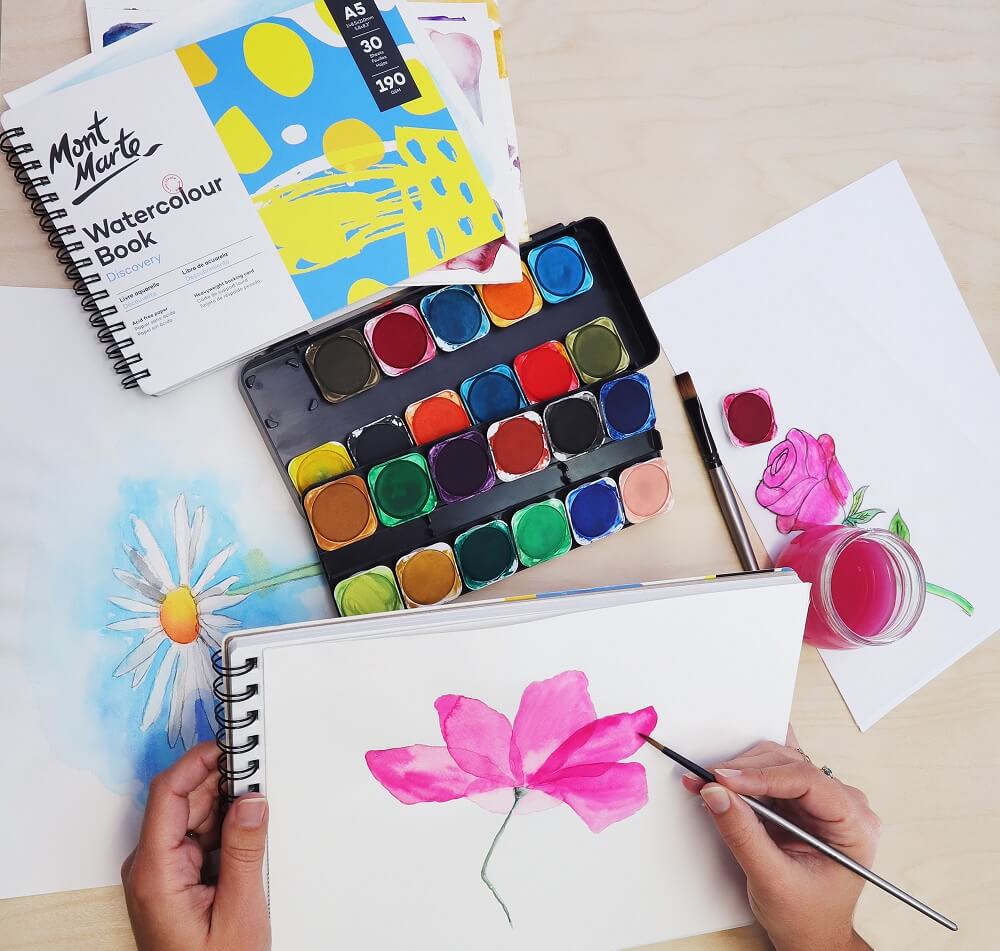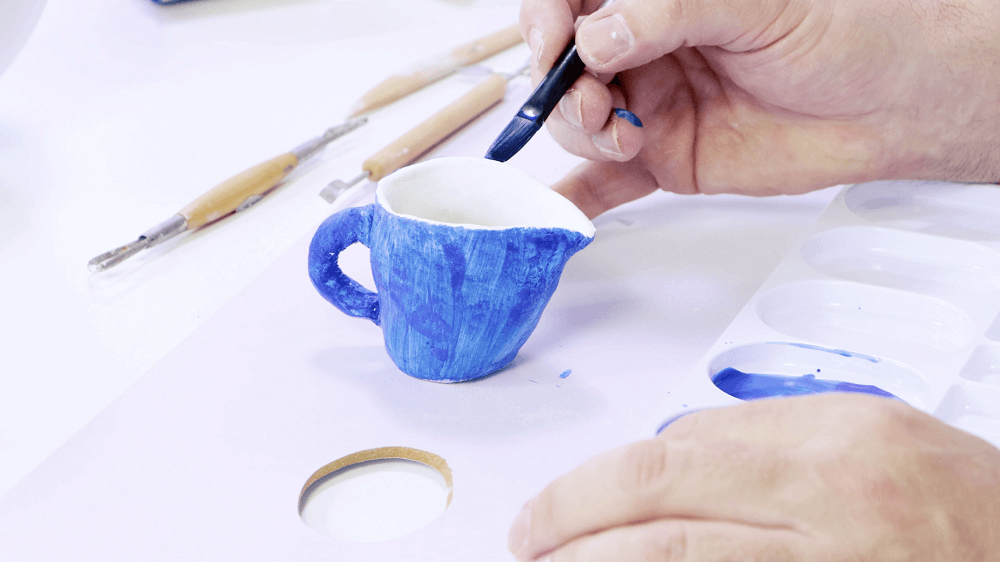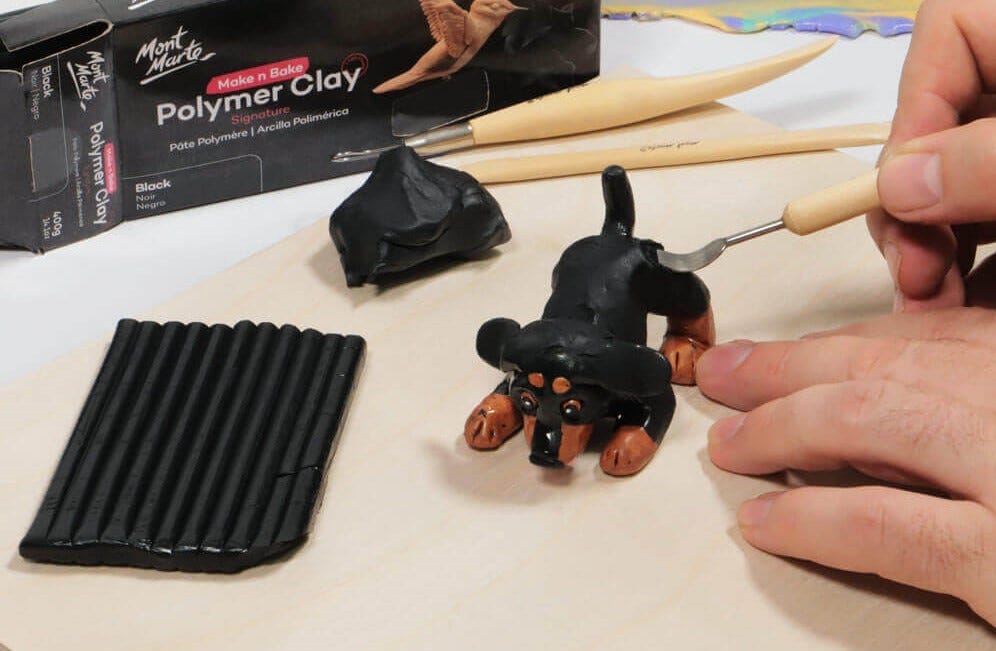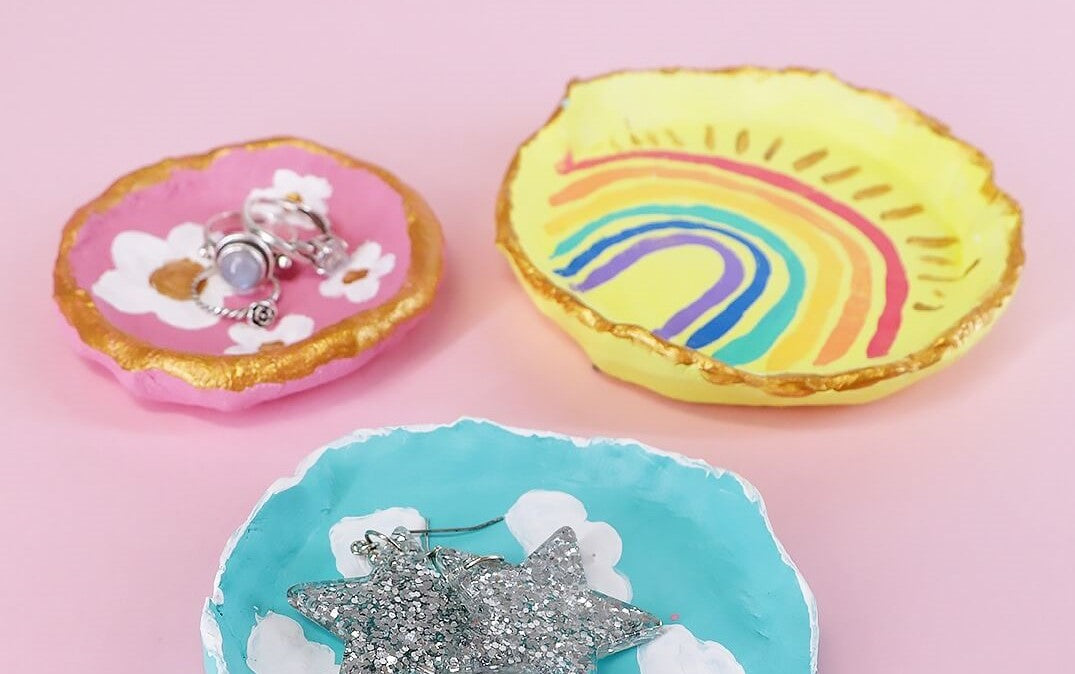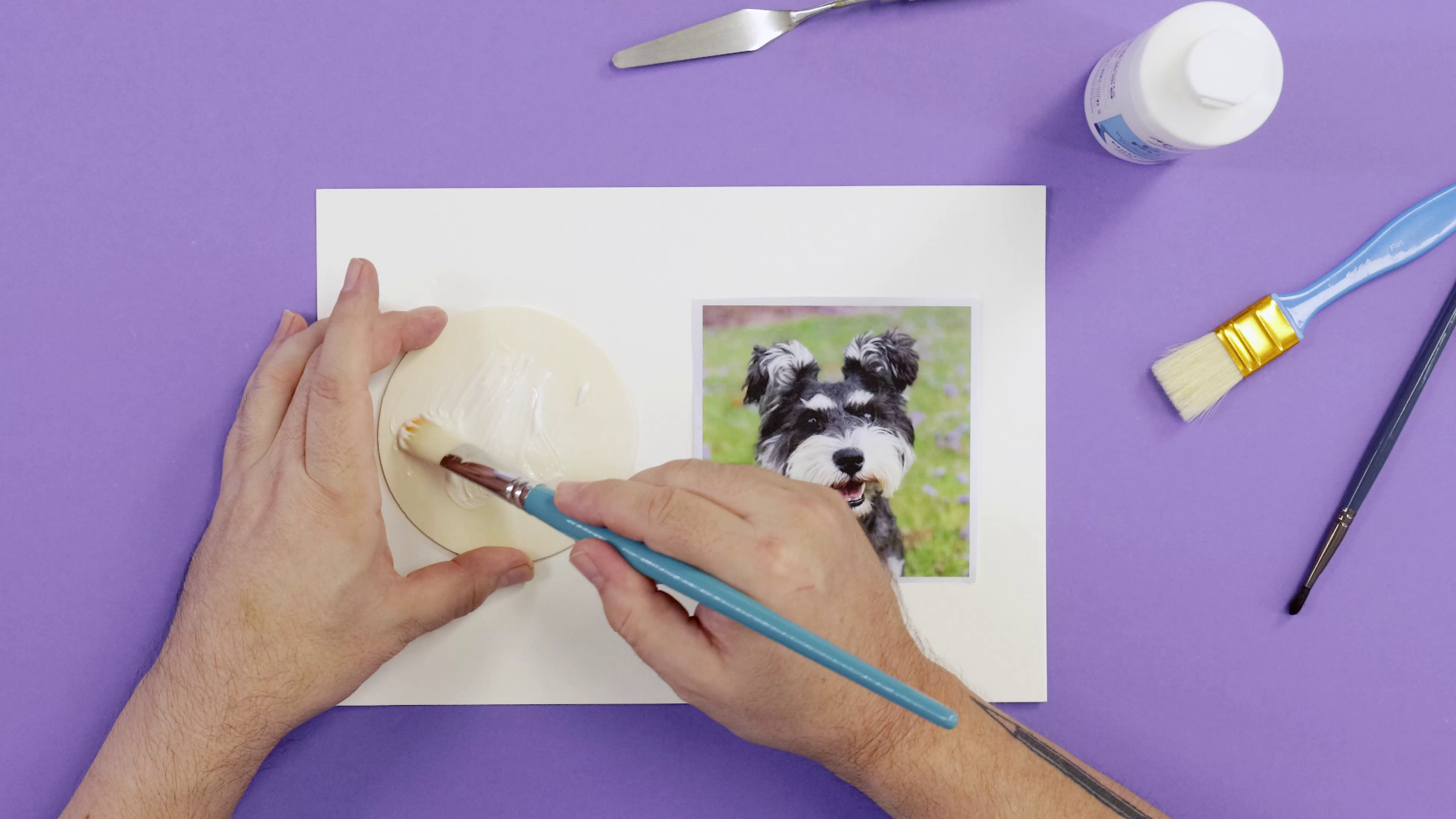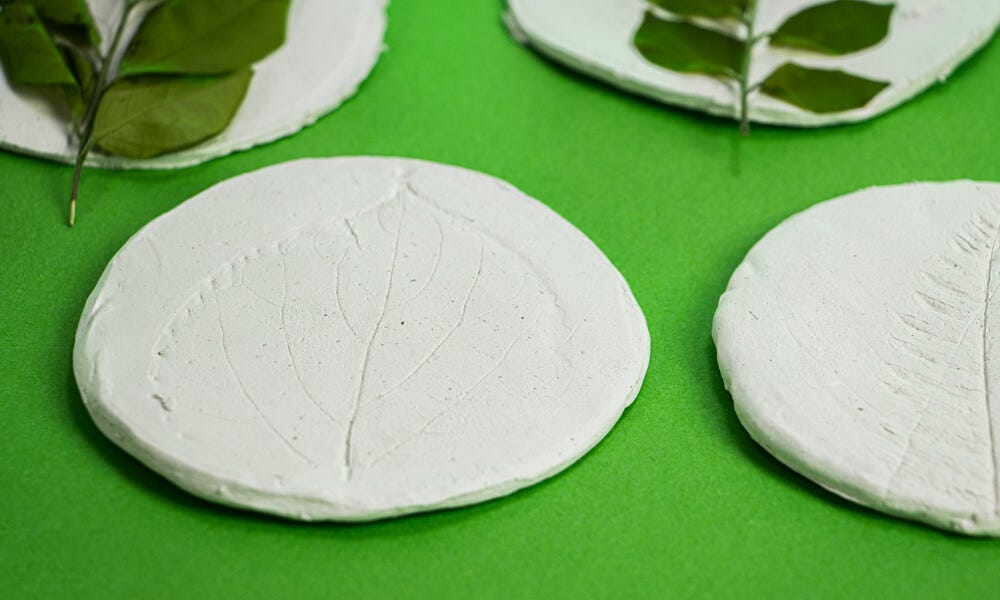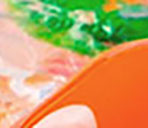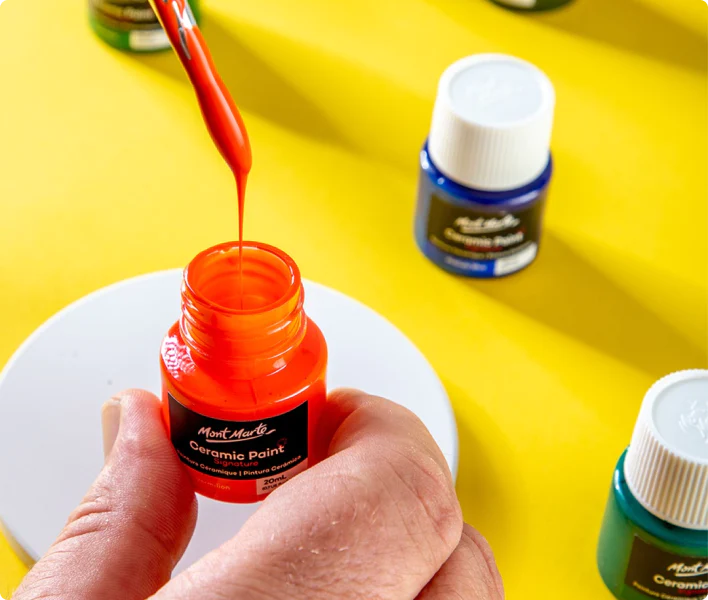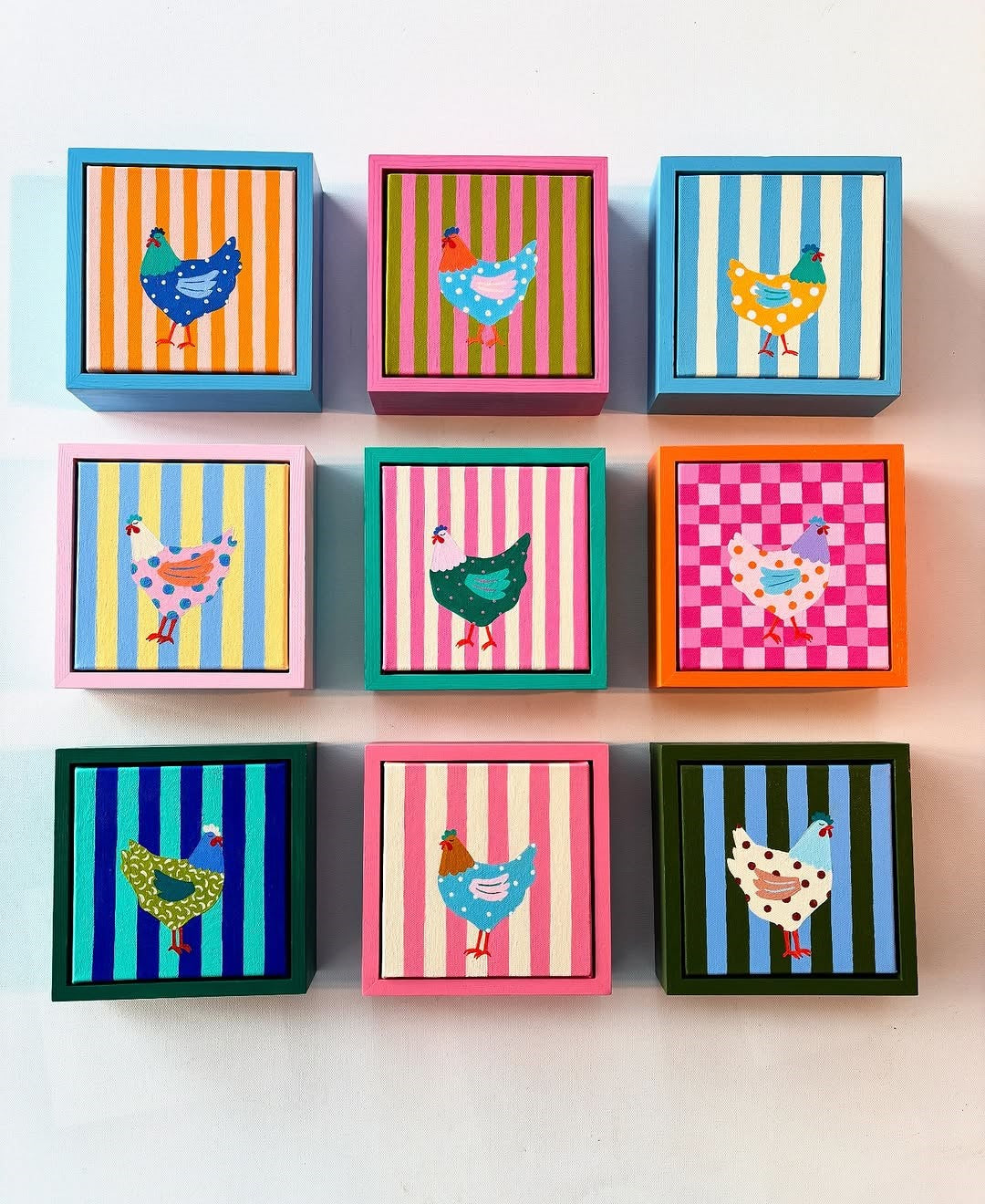There’s nothing worse than setting up, mixing up your favourite colours and picking up a brush, only to find it’s not as dense as you remember. A bad brush isn’t just annoying, it can also waste your time and your money.
Here are some top tips to care for your paint brushes and make them last.
1. Know your brush types

Not all brushes are made the same and you’ll find separating your brushes can help extend their life. Watercolour brushes are designed with softer bristles for fluid movements and oil brushes have stiff bristles to keep up with heavy oil paints. So, keeping your brushes separated by medium such as oil brushes for oils, watercolor brushes for watercolours and acrylic brushes for acrylics, will stop the wrong brush being used and may extend their life spans just that little longer.
2. Separate your brushes by colour

You can go a step further in your paint brush care routine, and separate your brushes by colour, using a separate brush for whites, reds, blues, blacks and yellows. This can help keep the colours as pure as possible and also reduce the amount of staining on your brushes.
3. Try introducing palette knives for mixing

Or you could try adding a palette knife to the mix, if you’re using thick or heavy paints like oil, you might find blending colours on a palette with a knife helpful. This will not only save you from having one less brush to clean, but also help extend your brush’s overall life span.
4. Careful dipping

Chances are, you’ll be using multiple brushes as you paint. Working from light to dark can help reduce the amount of cleaning but this isn’t easy if you’re experimenting or splashing some paint around. To better care for your paint brushes, just let the bristles touch the water or paint - you will only need around a third of the bristles to be covered in paint. Be sure not to dunk the whole brush in, this can cause unwanted paint to build up or cause the metal ferule to rust.
5. Rinsing

When it comes to acrylics and watercolours, before you reach for the water jar, pay attention to how you rinse your brush. Submerging your entire brush in water can cause damage to the metal ferule and reduce the lifespan of your brushes.
6. Cleaning paint off

If you haven’t cleaned your paint brushes properly, paint can build up near the metal ferule and cause your brush’s bristles to splay outwards. With oil brushes, bristles can become hard and stiff if the paint isn’t removed from the brushes. Solvents can be used to clean oil paint brushes, however a medium such as an amber thinner has less odor and fumes than a solvent, this will also recondition and clean your oil paint brushes, leaving them squeaky clean.
For oil paint brushes, you can remove oil paint by using a rag. Try using a separate rag for wiping away paint and another for wiping your brush once clean. Simply wipe your painted brush, before dipping into a Safflower oil or solvent and wipe the brush again with the second rag before going in with a new colour.
For acrylics, it’s better to rinse, blot using a towel, then rest the brush horizontally while wet on the towel. This will keep your brush moist so you can go back in using the same brush.
When it comes to palette knives, soak your palette knife in hot water until the paint softens and then scrape with a paint scraper or knife to remove. For oils and impastos, it’s best to scrape off using a paint scraper once dry.
7. Drying

Laying your brushes horizontally on an old towel, kitchen paper/paper towel or a rag will make your brushes last longer. This is because brushes can bend under the weight of water and soft hair brushes, are more susceptible to losing their shape than stiff brushes.
Letting them lay horizontal will also let any leftover water or paint flow into the towel rather than flowing down the brush into the metal ferule, this will not only protect the brush hairs but also prevent the metal from rusting.
8. Repointing

To stop watercolour brushes from losing their precious points, and better care for your brushes, wipe your brush clean before rinsing, then rinse with cool water and gently swirl in your hand or on a towel, this is so that the bristles can reshape and form a point. For acrylics, wash the bristles thoroughly using soapy water, then leave them to dry horizontally on a towel. For your soft, rounded brushes, you will want to lightly mould the bristles back into shape when wet, this will make sure they bounce back into shape and don’t dry and become stiff over time.
Drying your brushes in a well-ventilated area and out of direct sunlight will prevent mould and sun damage to your brushes.
9. Storage

Store your paint brushes with care by standing the brush with the bristles facing upwards so less pressure is put on the brush’s bristles.
Looking for more? Try our how to and stop brushes from shedding.


